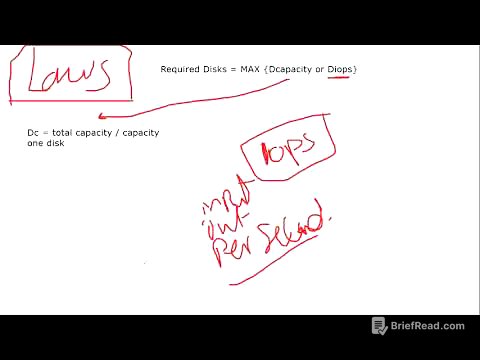TLDR;
This video explains how to achieve a band 9 in the IELTS speaking test by highlighting the differences in approach between band 5-6 students and band 7-9 students across the three parts of the test. It emphasizes the importance of natural conversation, direct answers, and developing those answers with explanations, examples, and personal stories, while avoiding memorized responses and irrelevant details.
- Avoid memorized answers and robotic delivery.
- Answer questions directly and then add detail.
- Practice speaking naturally, as in a casual conversation.
- Focus on the main topic in Part 2, not just the bullet points.
- In Part 3, always attempt an answer and develop it fully.
Part 1: Creating a Great First Impression [0:27]
Part 1 is crucial for setting a positive tone and relaxing into the test. Band 5-6 students often make mistakes such as giving memorized answers, which examiners are trained to spot and can lead to a band zero score because it's considered cheating and doesn't demonstrate genuine communication skills. Additionally, they tend to go off-topic, causing examiners to interrupt. Band 7-9 students, conversely, answer directly and maintain a natural conversational tone, as if speaking to a friend in a coffee shop. They provide additional details like explanations, examples, or personal stories after directly answering the question.
Part 2: Mastering the Q Card [8:04]
Part 2 requires speaking on a given topic for up to 2 minutes, which many students find daunting. A common mistake is addressing each bullet point on the Q card sequentially, which can lead to running out of things to say or feeling uncomfortable with certain points. High-scoring students focus on the main topic and use the bullet points as a guide, but they also incorporate other relevant details, descriptions, stories, or feelings to maintain fluency. They prioritize speaking comfortably and at length about the main topic, rather than rigidly adhering to the bullet points.
Part 3: Tackling Challenging Questions [15:13]
Part 3 presents more challenging, abstract questions compared to Parts 1 and 2. A significant error is providing no answer or a very short answer, which signals to the examiner a lack of English proficiency. Band 7-9 students always attempt an answer, even if they are unfamiliar with the topic, by acknowledging their limited knowledge and then offering a relevant point. They structure their answers by directly addressing the question, explaining their reasoning, providing examples or personal stories, and considering alternative perspectives. The goal is to demonstrate English proficiency by engaging in a natural conversation and steering the discussion toward areas they are comfortable discussing.









